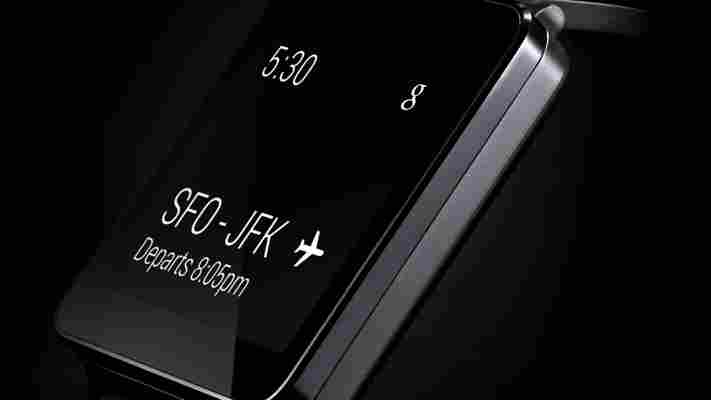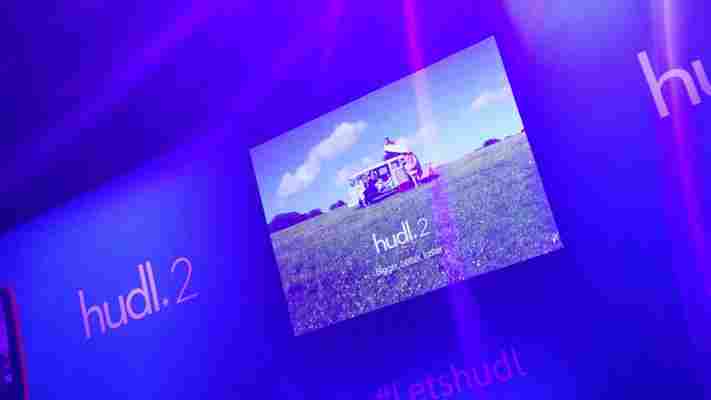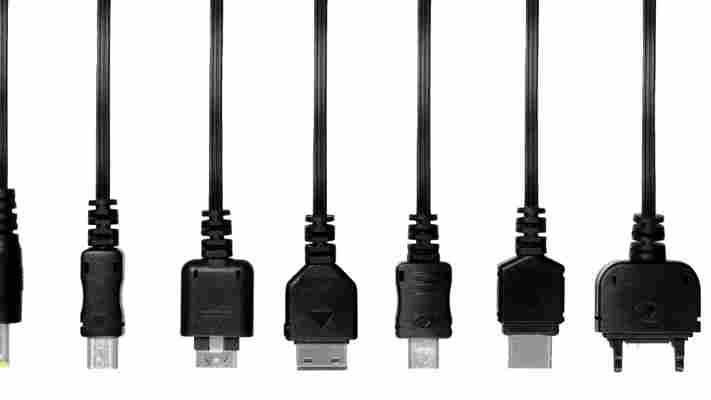Following the unveiling of Google’s Android Wear platform for wearables earlier today, LG has announced the G Watch , an upcoming smartwatch “developed in close collaboration” with Google. The device is scheduled to arrive in the second quarter of 2014.

Similar to the Nexus devices that LG worked on with Google in the past, LG is acting as a “lead partner” on one of the first examples of the Android Wear program.
Motorola also announced a smartwatch – the Moto 360 – on Tuesday.
➤ LG G Watch announcement
Tesco unveils the £129 Hudl2, the successor to its popular low-cost tablet
Tesco transcended its grocery roots long ago, offering everything from clothes and mobile phones to insurance and banking services. But just as it prepares to offload its on-demand video streaming services, Clubcard TV and Blinkbox , the British supermarket giant still reckons it’s on to a winner with its foray into tablets.

Yes, with the first Hudl incarnation that launched last year, Tesco offered much bang for your hard-earned buck . The combination of price and specs ensured it had a smash hit on its hands , even if one’s natural instinct when met with a supermarket-launched tablet would otherwise have been to run for the hills. Today, it has sold north of 750,000 units across the UK.
Today, Tesco unveiled the much anticipated follow-up – the Hudl2 – to a packed auditorium in the center of London. “It’s a step change in technology,” the company said.
The device has undergone a complete redesign in terms of both hardware and software. The Hudl2 sports an Intel, quad-core processor, which Tesco says is three times faster than the Hudl 1. It has an 8.3-inch full HD screen, comes in a range of 8 colors, and will go on sale from October 9.
Interestingly, it also comes with strong parental filters, with owners able to set up a profile for up to seven separate users, which can each be set according to the age of each intended user.
https://www.youtubeom/watch?v=rPIbVIMxgGE
The original Hudl went to market initially for £119, a price that was subsequently lowered to £99. Tesco is coming in at a slightly higher price-point this time around, selling the new incarnation for £129.
As with the original tablet, you can bring the price down significantly (down to £65) using Club Card boost. This basically doubles the value of your loyalty vouchers at the checkout, so it’s really only for regular Tesco shoppers.
Meanwhile, check out our first impressions of the Hudl2 here.
StoreDot promises to recharge your phone in just 30 seconds, but not until 2016
Running out of power is pretty much the biggest pain of modern day smartphones, and while sitting around waiting for them to charge isn’t usually the end of the world, there are still better things you could be doing.

Enter StoreDot , an Israeli technology company with a special battery and charger that can supposedly cut re-juicing time down to around 30 seconds. The prototype charging unit, designed for the Samsung Galaxy S4, was demoed for the first time at Microsoft’s Think Next conference in Tel Aviv, Israel, today – but most of the innovation comes in the battery pack itself, rather than the charger.
As special batteries are required, there’s no need to worry about the effect on the long-term life of your existing battery pack. In fact, the company says that in addition to charging faster, StoreDot batteries will “withstand thousands of charge/discharge cycles, prolonging battery life expectancy considerably”.
Check out the impressive but bizarrely-noisy-for-a-silent-movie clip below for a demo.
It’s not the first time nanotechnology has been applied to speed up charging in smartphones, 18-year-old Eesha Khare bagged a runner-up spot at Intel’s International Science and Engineering Fair in May last year.
While it might seem like one small dream come true – any reduction in charging time is welcome around here – the technology is still a long way off making it to market. The plan is to go into mass production in late 2016, StoreDot’s CEO Dr. Doron Myersdorf, told TNW.
Myersdorf added that the company counts “a large Asian smartphone manufacturer” among its strategic investors – and judging from the video, there’s a fairly good idea which company it might be.
It doesn’t stop at smartphone batteries though, StoreDot calls the underlying technology ‘Nanodots’ and has just scored $6 million in funding to further develop it. According to the company, its “nanoscale crystals” made up of “chemically synthesized bio-organic peptide molecules” could be used in other consumer electronics, such as displays.
“The breakthrough technology in StoreDot Nanodots is that they demonstrate diverse physical and electrochemical properties at nanoscale, including visible luminescence, showing red, green and blue colors that enhance new generation display technology,” the company says .
Via The Wall Street Journal
Featured Image Credit – Shutterstock
